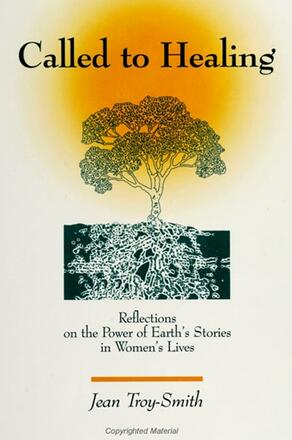
Called to Healing
Reflections on the Power of Earth's Stories in Women's Lives
Alternative formats available from:
Advocates and demonstrates women's path to personal wholeness and self-healing through an eco-feminist, reader-response analysis of four fictional narratives.
Description
Women's paths to personal wholeness and self-healing are explored through an eco-feminist, reader-response analysis of four fictional narratives. Included in these are Mary Austin, Harriette Arnow, Ellen Galford, Ibis Gomez-Vega, Sally Carrighar.
Jean Troy-Smith is Visiting Assistant Professor in the English Department at State University of New York, College at Oswego.
Reviews
"Jean Troy-Smith is a wonderful storyteller. In the course of the reading, one gets the idea that this position was not arrived at easily. The message the author carries in the reading of the stories is of utmost importance: Women must be able to live healthy lives where their creativity flows unobstructed into relationships, work, and art. But this flow of creativity is closely tied to their understanding of Self. Without this knowledge, they become sickly and their lives become distorted and controlled by others. She calls women to heal their disease through stories that reveal Self-knowledge and release the creative spirit through word, art, or deed.
"This book is especially important at this particular time, when women, having been told they are liberated, often feel slighted in the workplace and betrayed in relationships. It has a message for women who need to free themselves and their creative spirit. The literary examples by women writers she chooses provide a spectrum of contexts and cultures. The book speaks to all women about their responsibility to live their own lives authentically and to the fullest. It calls all women to healing, to the release of their creativity potential, and to grounding in place. "—Florence R. Krall, University of Utah; author of Ecotone: Wayfaring on the Margins
"The topic of this book is significant in itself, but it also addresses a broader field. Not only is it an example of women's studies but it is also a study of humankind and our responsibility to the health of the world in general and oppressed people, both male and female. Troy-Smith's use of material from Native American sources is wonderful, fascinating, and moving. The book has poignancy and warmth, which draws the reader in. There is a good balance between Troy-Smith's personal journey and its applicability to more universal issues. "— Edmund W. Ostrander, Lesley College